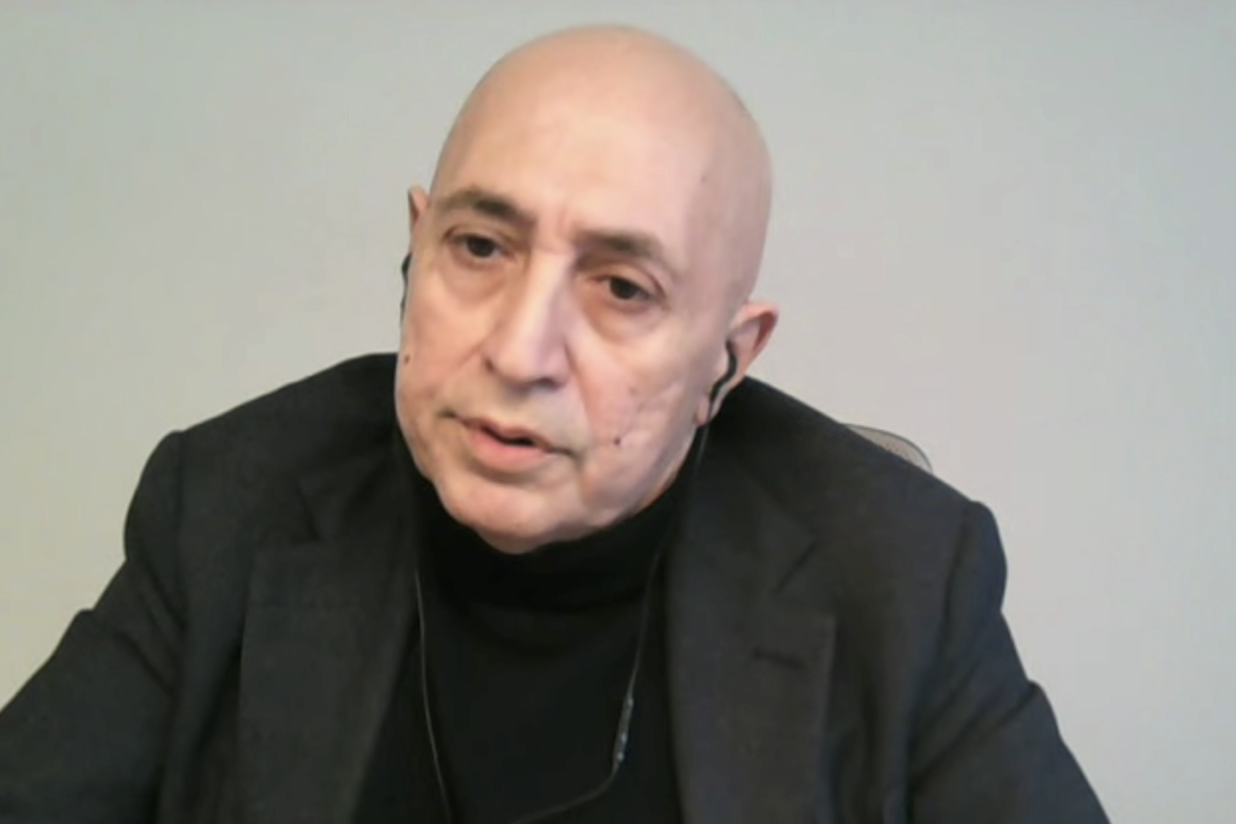22.12.2024 - 12:41
|
Actualització: 22.12.2024 - 12:43
MEPs were growing impatient. The plenary session in Strasbourg was starting late, and the atmosphere was chaotic. It was Thursday, December 19, 2019, exactly five years ago. The president of the chamber, Italian Socialist David Sassoli, had not yet arrived. He had been in meetings for some time to discuss the monumental decision he was about to announce: he would call on the Spanish authorities to comply with the European Court of Justice ruling, which had just recognized Oriol Junqueras’ immunity. Moreover, Sassoli made it clear that this decision would have a direct impact on Carles Puigdemont and Toni Comín, who had not been recognized as MEPs until then. The next day, December 20, they entered the chamber with credentials in hand. This sparked a political storm in Brussels and, even more so, in Madrid. Spain’s reputation took a hit.
“For Sassoli, it was important to respect that ruling and apply it immediately,” Roberto Cuillo, Sassoli’s spokesperson at the time, told VilaWeb. “The ruling was very clear: it emphasized that popular sovereignty was paramount and must be respected, and that the composition of the European Parliament could not be influenced by national decisions. The process of admitting the Catalan MEPs was set in motion immediately.”
Currently working as an assistant to Democratic Party MEP Lucia Annunziata, Cuillo, a journalist like Sassoli, recalls how they first met years earlier at a restaurant in Rome over a long conversation about history. Their friendship deepened, and in 2014, when Sassoli was re-elected as an MEP, he brought Cuillo on board, initially as vice-president of the institution and later, when Sassoli became president, as his spokesperson.
Both Sassoli and Cuillo were struck by the judicial persecution of Catalan pro-independence leaders. “I remember the demonstrations in Catalonia, followed by the referendum, all conducted nonviolently. I was deeply shocked by the judicial and police response to those events. It was at odds with the idea of Spain as a strong democracy capable of addressing issues through dialogue,” Cuillo recalls. Sassoli, then vice-president of the European Parliament, had publicly opposed the police repression of October 1 voters. While he held a critical stance on the goals of Catalan independence, he consistently advocated for dialogue and even suggested that the EU could mediate between Catalonia and Spain.
Pressures on Sassoli
This background explains his stance on December 19, 2019, when he received the ECJ ruling. Upon deciding to enforce it and recognize the Catalan leaders as MEPs, Sassoli faced intense pressure from Spanish Socialist colleagues. According to veteran Libération journalist Jean Quatremer, Iratxe García, the spokesperson for the European Socialist Group, reportedly shouted during a meeting before the plenary, “You can’t do this to Spain! Do you realize what you’re about to do?” García lost her temper that day; four years later, she would sit with Puigdemont on a sofa beneath a large photograph of October 1 to finalize the agreement for Pedro Sánchez’s investiture and the passage of an amnesty law.
Cuillo refrains from providing details about those meetings between Sassoli, political representatives, and legal advisors, citing confidentiality. However, he highlights the shift in the PSOE’s stance from 2019, noting that the same government under Sánchez had sanctioned mass surveillance of pro-independence leaders, journalists, lawyers, and activists.
“A Non-Independent Judiciary in Spain”
“What concerns me most now is the behavior of the Spanish Socialists regarding the Catalan issue,” Cuillo says, focusing on the judiciary’s refusal to implement the amnesty law. “A judiciary that does not enforce a law passed by the Spanish parliament is not independent. Judicial independence is a cornerstone of the rule of law in Europe.”
Cuillo describes Spain’s situation as anomalous. “There’s an anomaly here. A legitimately elected sovereign parliament passes an amnesty law, and that law must be applied, like all laws. That’s the foundation of our parliamentary democracies. The fact that this is happening in the EU is unbelievable; it’s unimaginable that something like this would occur in France, Italy, Germany, or other European countries.”
Sassoli’s team worked closely with Puigdemont, Comín, and Clara Ponsatí as MEPs. “I’ve seen them in action at the Parliament. They’ve worked diligently and respectfully towards the European Parliament and its institutions, with intense activity. While I don’t share their cause, they are politicians striving to change the existing reality through politics, not terrorism,” Cuillo explains.
He takes a moment to honor Sassoli’s legacy. “Sassoli always reminded us that politics must be brave and serve to change reality, to challenge the status quo. That’s why I find it incredible that these two political figures [Puigdemont and Comín] cannot return to their country. It’s incomprehensible. And I find the Spanish right’s lack of humanity reminiscent of the Inquisition rather than a modern European democracy.”
“A Shameful Attack by Mr. Vázquez”
Sassoli passed away in January 2022, shortly before his term as president ended. Some Spanish politicians never forgave him for granting access to the exiled Catalan MEPs. For example, Adrián Vázquez, a former Ciudadanos MP (now with the PP), chaired the European Parliament’s Legal Affairs Committee and was obsessed with removing Puigdemont, Comín, and Ponsatí from their seats. Vázquez criticized Sassoli posthumously last year, accusing him of “fraudulently” recognizing the Catalan leaders. “It was disgraceful for Adrián Vázquez to attack Sassoli when he could no longer defend himself. It was a smear campaign for personal propaganda,” Cuillo says.
In his final New Year’s address shortly before his death, Sassoli urged European institutions to remain focused on protecting the most vulnerable and “not add pain to pain.” Cuillo reflects, “It’s not a good time for European institutions. It feels like we’re moving backward with two wars, in the Middle East and Ukraine, and a structural economic crisis. There’s a risk that national interests will overshadow common European interests. Sassoli’s vision was the opposite: bringing the Union closer to its citizens, ensuring it serves the European people.”
Sassoli’s former spokesperson underscores the importance of respecting European law. “European law is superior to national law because it guarantees the rights of all citizens. Without respect for European law, there’s no respect for European citizens. This principle drove Sassoli’s decision on December 19, following the Junqueras ruling.”



